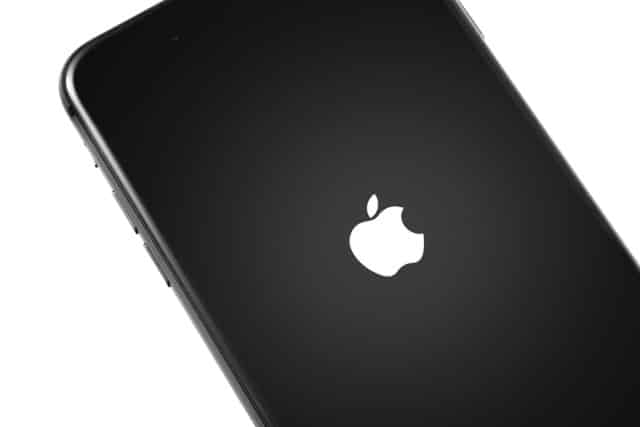
Trump says Tim Cook makes a 'compelling' argument against Apple paying tariffs
At a weekend meeting with Donald Trump, Tim Cook made a "compelling" argument for Apple to be exempt from tariffs.
Cook is said to have argued if Apple was forced to pay tariffs, it made it difficult to compete with other companies, such as Samsung. Trump acknowledged that it was "tough" for Apple to be paying tariffs on its China-made products when Samsung was not subject to them, but made no indication that exemption for Apple was on the cards.
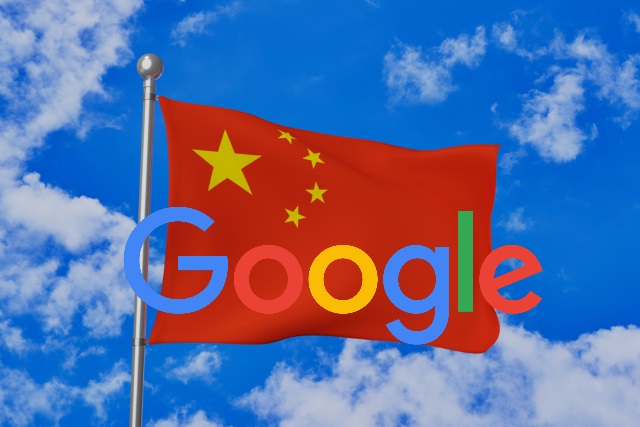
Google kills off its censored Chinese search engine, Project Dragonfly
Google has decided to close down its controversial Project Dragonfly which would have seen the company launching a censored version of its search engine in China.
The company's vice president of public policy, Karan Bhatia, made the revelation speaking at a Senate Judiciary Committee hearing yesterday. She said simply: "We have terminated Project Dragonfly".
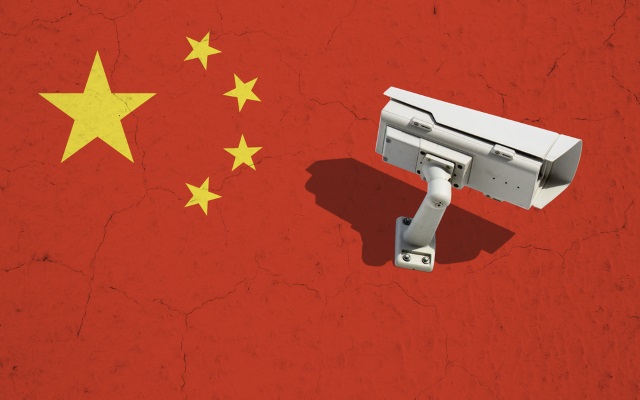
Chinese border officers are gathering data from tourists' phones with a secret spy app
China's track record with privacy violations, control of the internet and control of its citizens is well known. But now anyone who has ever visited the country has cause for concern.
Enter China via the border crossing between Xinjiang and Kyrgyzstan, and you're required to hand over your phone -- unlocked. This would obviously lead the owner to expect a little rooting around by officials, but an investigation has found that border officials are actually installing secret spy apps on iPhones and Android phones to scour emails, texts and other data stored on devices.

Amazon Kindle now supports Traditional Chinese books 現在有傳統的中文書籍支持
Amazon's e-ink Kindle-reader devices, Fire tablets, and the associated e-book service are wildly popular. Competitor devices, such as the Nook from Barnes and Noble, simply don't compare. Is it worrying that Amazon essentially has a stranglehold on the digital book market? I suppose, but look, no other company has truly put up a worthy alternative. Even Apple's Books service, while decent, doesn't have an e-ink reader -- reading on an iPad is not ideal.
Sadly, Traditional Chinese readers were not able to properly take advantage of Amazon's Kindle. Thankfully, this has now changed. Yes, Amazon has brought support for Traditional Chinese books to Kindle!
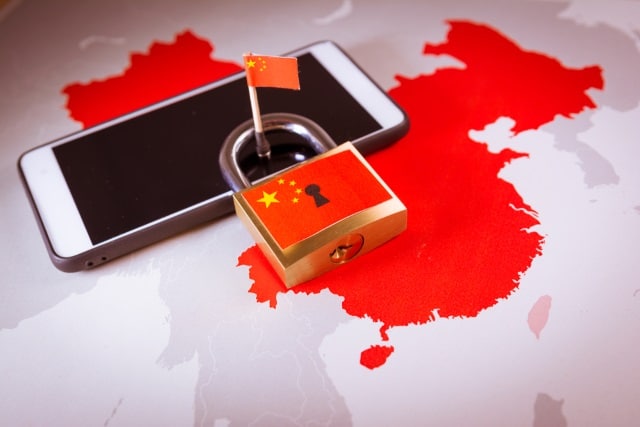
It is getting harder than ever for VPNs to break through the Great Firewall of China
The censorial Great Firewall of China is famed throughout the world for the restrictions it places on Chinese citizens. Internet users play a game of cat and mouse, seeking tools and methods for slipping through the censoring and spying that the government enforces.
But it is getting harder and harder to evade the Great Firewall. VPNs that once allowed unfettered access to the greater internet are quickly stomped on by the Chinese government, just as happens in Russia. At the end of March, a new update to the firewall blacklisted hundreds of VPN servers and now fewer VPN tools than ever work in China. So which is the best VPN for those fighting the Great Firewall?
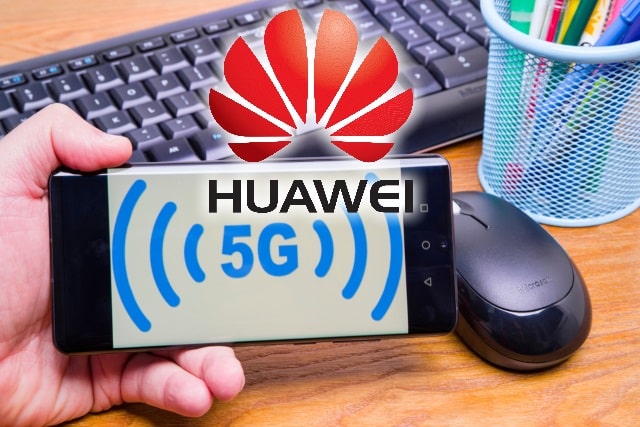
UK bans Huawei from supplying 'core' parts of 5G network
Amid concerns about the company's security, and its possible links to the Chinese government, Huawei has been banned from providing essential parts of the UK's 5G network.
The Chinese telecoms firm has already been hit with bans and restrictions in the US and other parts of the world, and Huawei has been criticized for its "very, very shoddy" security. Now UK prime minister Theresa May has taken advice from the National Security Council and implemented a partial ban on Huawei's involvement in 5G in the UK, permitting it to only supply "non-core" technology.

Samsung Galaxy Fold launch delayed in China
Despite the hype and excitement surrounding the first batch of foldable smartphones, the image of the Samsung Galaxy Fold has been tarnished before the device has even launched. There have been numerous reports of serious problems with handsets sent out for review, and now Samsung has delayed the launch of the phone in China.
Two launch events were due to be held this week on Tuesday and Wednesday for the $2,000 phone, but these have been postponed. For now, it is just the Chinese launch events that are affected, and it is not clear if Samsung will also delay launch events in other countries.
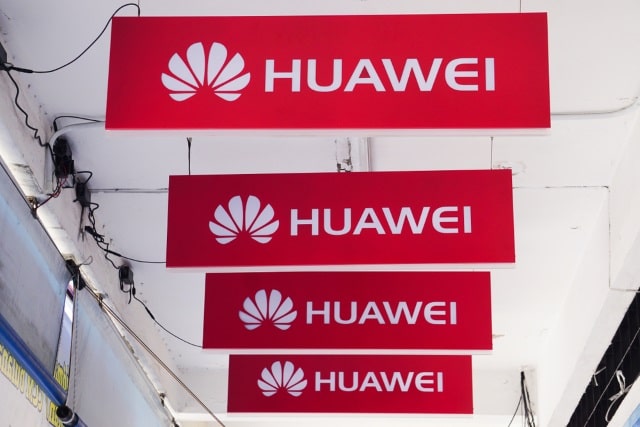
Is Huawei funded by Chinese state security? The CIA seems to think so
Huawei has had a rough time of things when it comes to international relations, with the US and others implementing various bans on the use of the company's products. It all stems from fears about Huawei's alleged connections to the Chinese government and the potential for espionage, but this is something the company has denied time and time again.
The US has made no secret of its doubts about Huawei, and the fears have spread around the globe. Now, according to a report, the CIA has issued a warning to the UK saying that the firm has received funding from Chinese state security.
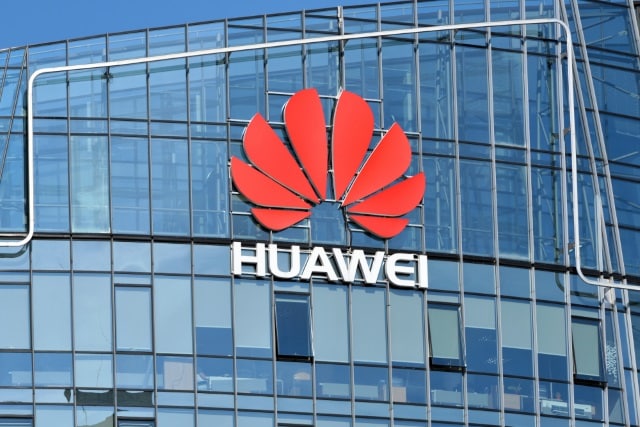
UK watchdog says Huawei poses a national security risk
In its fifth annual report, the UK's Huawei oversight board says that the Chinese firm poses a threat to national security. It reached the conclusion after discovering that the company has made "no material progress" in addressing the security flaws highlighted in last year's report.
But while the report was damning of Huawei, saying it found additional "significant technical issues in Huawei’s engineering processes leading to new risks in the UK telecommunications networks", the board stopped short of calling for a ban on Huawei's involvement in 5G in the UK.

deepin, the prettiest Linux distribution, switches to Debian stable in 15.9.2 beta
There are many Linux distributions in the wild nowadays, but none are more beautiful than deepin. Even though I don't use the operating system regularly (I prefer Fedora and GNOME), I recognize deepin's beauty as second to none. Some people refuse to use the distro because its developers are in China, but in reality, it should be fine to use. Just like concerns about Huawei hardware, it is largely due to xenophobia.
While deepin has always seemed rock solid to me, its base of Debian unstable apparently made it less reliable than the developers liked. As a result, beginning with the new 15.9.2 beta, deepin is switching to Debian stable. In other words, the developers are not only focused on the superficial.
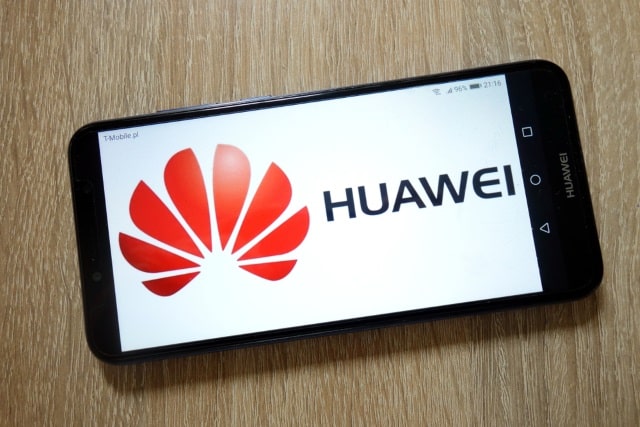
Sources: Huawei is on the verge of suing the US government
The US has made no secret of the fact it does not trust Huawei, and the company's hardware has been shunned by the government over fears about Chinese espionage. There have also been calls for Huawei hardware to be barred from the US power grid.
The smartphone manufacturer has previously indicated that it is not willing to go down without a fight, and this threat could be about to be put into action. Huawei is said to be preparing to sue the US government, challenging last year's addition to the US National Defense Authorization Act (NDAA), according to sources talking to the New York Times.

Senators want Huawei equipment removed from US power grid because of security concerns
Huawei may well be causing excitement with its foldable smartphone, the Mate X, but the company's troubles in the US continue. The American government has already banned the use of some Huawei equipment, including in 5G networks, and there are now calls for the shunning of the Chinese company to spread to the US power grid.
Although Huawei has remained defiant in the face of sanctions by the US, the Senate Intelligence Committee has now written to the Departments of Homeland Security and Energy, calling on them to block the company's network-connected hardware from being used in the electrical grid.

Huawei: 'There's no way the US can crush us'
The founder of Huawei, Ren Zhengfei, has hit back against Trump's ban on the use of his company's hardware because of concerns about Chinese espionage, saying "there's no way the US can crush us". The US has been trying to encourage other countries to follow its lead in shunning Huawei, but the UK has said it will not stop the company -- which is due to launch its P30 range of smartphones next month -- from getting involved in the rollout of 5G networks.
Ren also lashed out at the US, saying that the arrest of his daughter and Huawei CFO, Meng Wanzhou, was politically motivated.

Unlike the US, the UK does not want to ban Huawei from 5G networks
With concerns about Chinese spying, the US has been embarked on a campaign to prevent Huawei from operating in the country. In addition to banning officials from spending money on Huawei equipment, the US government has been trying to convince other countries to follow its lead and shun the company.
Despite US pressure -- and similar moves by New Zealand and Australia -- the UK says that it has no plans to cut Huawei technology out of 5G networks. The National Cyber Security Centre says that there are ways to mitigate against any potential risk posed by Huawei equipment.

Huawei sacks employee arrested in Poland on spying charges
Chinese smartphone-maker Huawei has sacked an employee after he was arrested in Poland, charged with spying. Weijing Wang, the company's sales director in Poland, was dismissed by Huawei as it tries to limit the damage to its reputation -- the company is already viewed as a potential security risk by numerous countries including the US.
Huawei insists that the charges leveled against Wang are unrelated to the company, but said that the allegations brought it into disrepute. Poland's internal affairs minister, Joachim Brudziński, has called on NATO and the EU to work together to decide whether Huawei should be excluded from operating in some markets.
